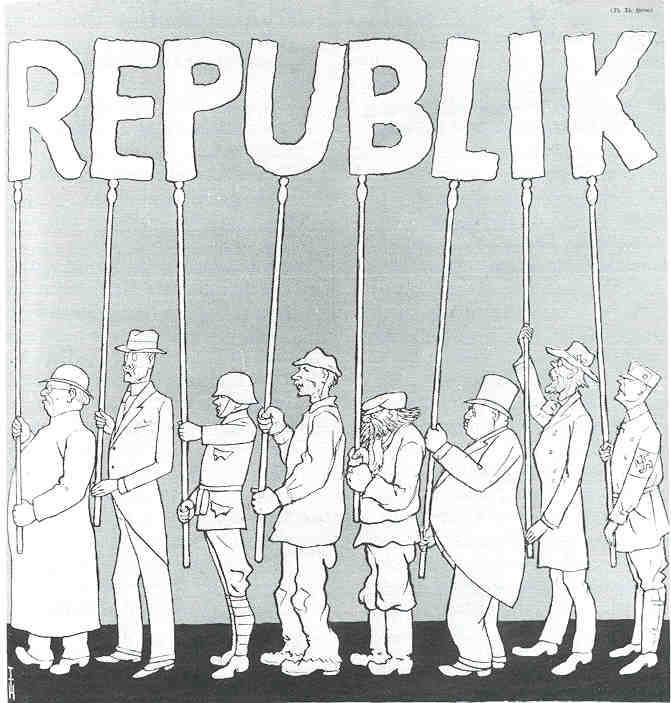Event

Dr. Damian Valdez, University of Cambridge
Languages of Struggle and the Advent of Mass Democracy in Germany
DATE: Tuesday, April 7, 2015
TIME: 5:15pm
LOCATION: 209 College Hall
This talk examines how notions of struggle in politics and social life were articulated in different political and ideological constituencies in early twentieth-century Germany. It examines how they framed the confrontation with mass democracy; how they underlay some strategic considerations on the advent of mass politics and the social question and what they meant for the philosophy of history. The passionate debates about the place of struggle and competition in political and social life show how the ethical, aesthetic and political dimensions of the confrontation with mass democracy were closely intertwined. The positions adopted in these debates, the dangers discerned and hopes expressed for a modern competitive politics of struggle drew on a wide array of sources ranging from the historiography of antiquity to the most modern sociologies of urban life. These debates, together with the urgency and poignancy they acquired in the First World War, were assimilated by Max Weber in his elaboration of a powerful yet unresolved political synthesis centered on the question of charismatic authority.
Damian Valdez is an Affiliated Lecturer in the Faculty of History, University of Cambridge. He graduated with a degree in history in 2002 and an MPhil in 2004 from Trinity College, Cambridge. He completed a PhD in German intellectual history at Cambridge in 2009 and has lectured in the history of German political thought. In 2013 he held a post-doctoral fellowship at the Klassik-Stiftung (Classical Foundation) in Weimar, where he worked on his first book, German Philhellenism: the pathos of the historical imagination from Winckelmann to Goethe, published by Palgrave Macmillan in 2014.
This event is sponsored by the Department of History, Department of Germanic Languages and Literatures, and the Political Science Department
